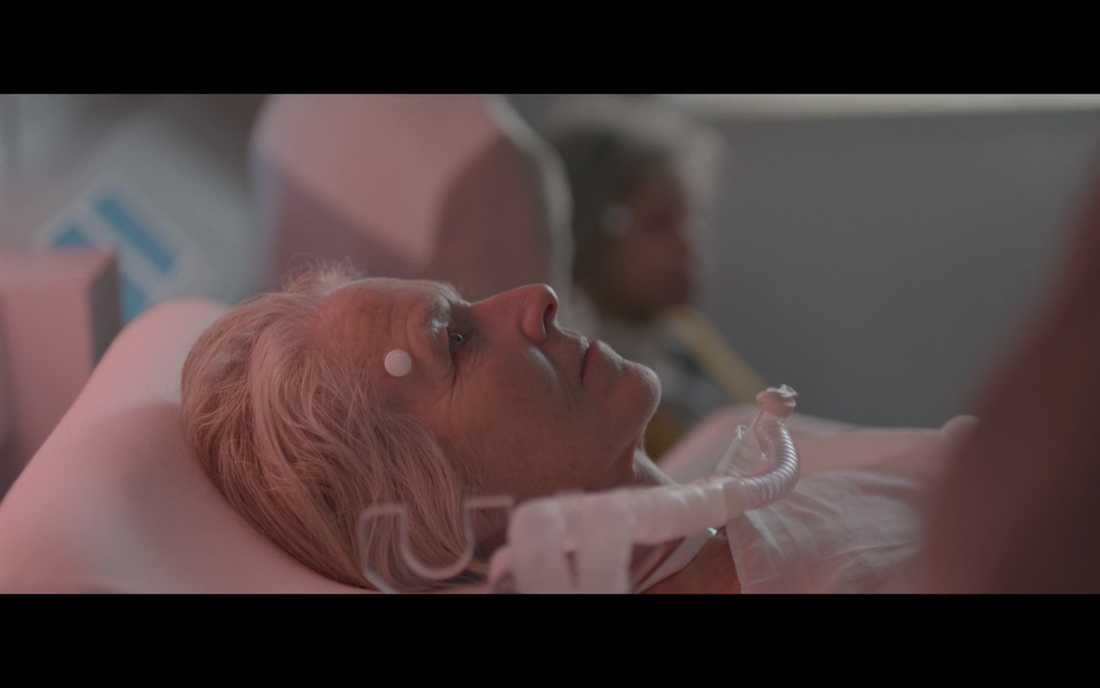“And the Emmy goes to Black Mirror: ‘San Junipero’,” as these words rang out from the Emmy stage, Netflix made science fiction history. The episode actually won two awards that night, one for outstanding TV movie and another for outstanding writing for a movie. As Netflix’s premiere Sci-Fi anthology show, Black Mirror shows the way that technology can impact society in the future. The vast majority of the episodes are bleak and negative critiques of that future, with dark and thought-provoking themes. It seems only fitting that one of the more positive episodes garnered two Emmy’s. “San Junipero” demonstrates what a LGBTQ+ relationship looks like on a mainstream television show and raises questions about the validity of simulated worlds.
“San Junipero” opens with Yorkie, the twenty-something female protagonist, who goes to a bar in 1987 and meets Kelly, a whirlwind on the dance floor. The two strike up a friendship after Yorkie helps fend off one of Kelly’s ex-boyfriends.
After visiting, Yorkie decides she’s ready to “pass over” and become a permanent resident of San Junipero. Before her body dies, Kelly decides to visit her in the real world. The older Kelly takes a self-driving vehicle to Yorkie’s retirement home, where she finds the 61 year-old, paralyzed Yorkie. A worker at the home tells Kelly that Yorkie has been paralyzed for 40 years, the result of a car accident after Yorkie’s parents rejected her sexual orientation. In the simulation, Yorkie regains her ability to walk and speak as well as freedom to express her sexuality without fear of society. The clear tragedy of San Junipero is that Yorkie is unable to be herself until after she’s already dead. The terms of her societal experience put her into her condition and she waited for 40 years for something better. San Junipero was that something better, but she could not fully experience it until she received what amounts to medically-assisted suicide. “San Junipero” brings a new light to the discussion on gay rights and equality. It is a bluntly stated critique of our society that Yorkie was only able to find freedom in death.







 RSS Feed
RSS Feed
